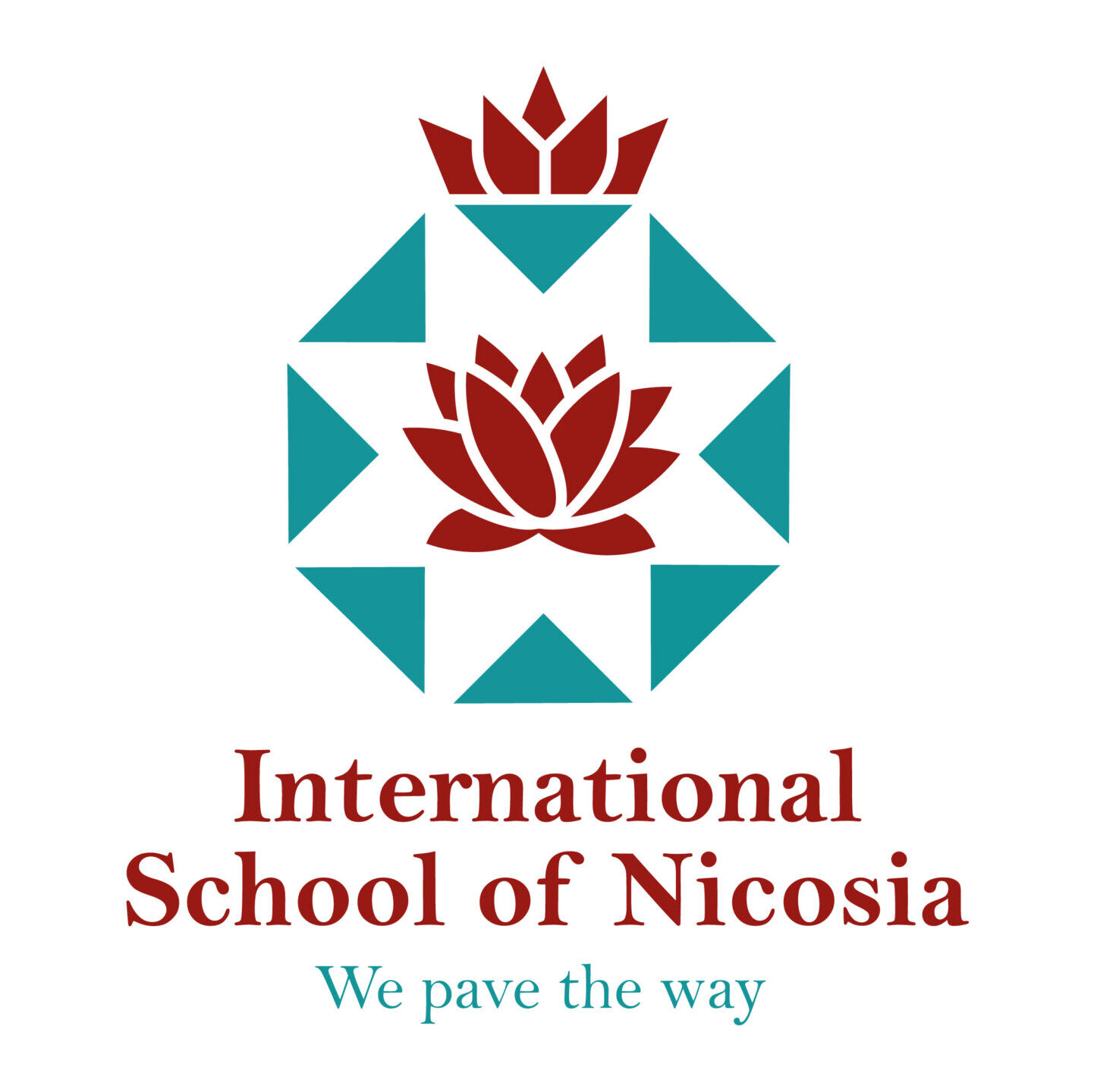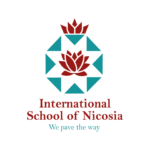Many of the following strategies are already used at ISN for supporting bilingual experiences.
- Welcoming system for new children ( e.g. partner system)
- Teachers knowledge of the child’s previous educational experiences (make no assumptions of the child’s abilities due to lack of English)
- Teachers’ knowledge of the home language and background
- Placing the child with a friendly and helpful peer who will be communicative despite not sharing a common language
- Partnered with children with same language at times
- Partnered with other sensitive class members
- Direct teaching of language of immediate need (try to use a consistent form of words when asking questions and giving instructions)
- Organise small groups –same groups regularly would be beneficial
- Ensuring the child has the opportunity to listen ( listening corner, tape recorder, stories, computer, picture books etc)
- Guide and support the child in collaborative / practical activities
- Offering the child independent activities and differentiated work
- Maths to contain minimum language explanations
- Offer the child opportunities to experiment with talk (drama, role play, class singing, rhymes, tongue twisters, imaginative play etc)
- Games- opportunities to follow instructions, inquiring, asking, taking turns etc
- Provide opportunities to develop literacy skills I tandem with and oral skills with the emphasis on reading with meaning and writing with a purpose



